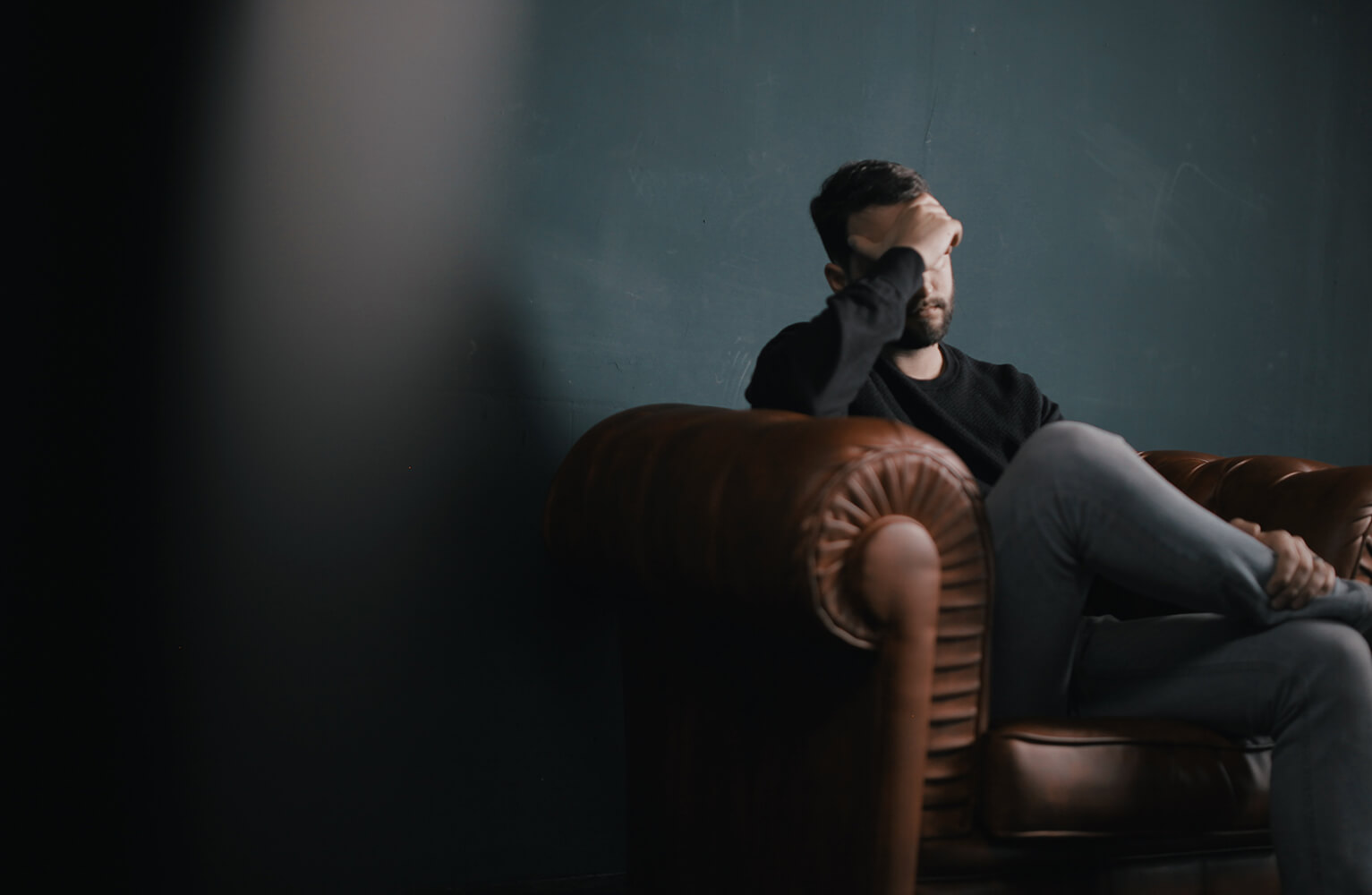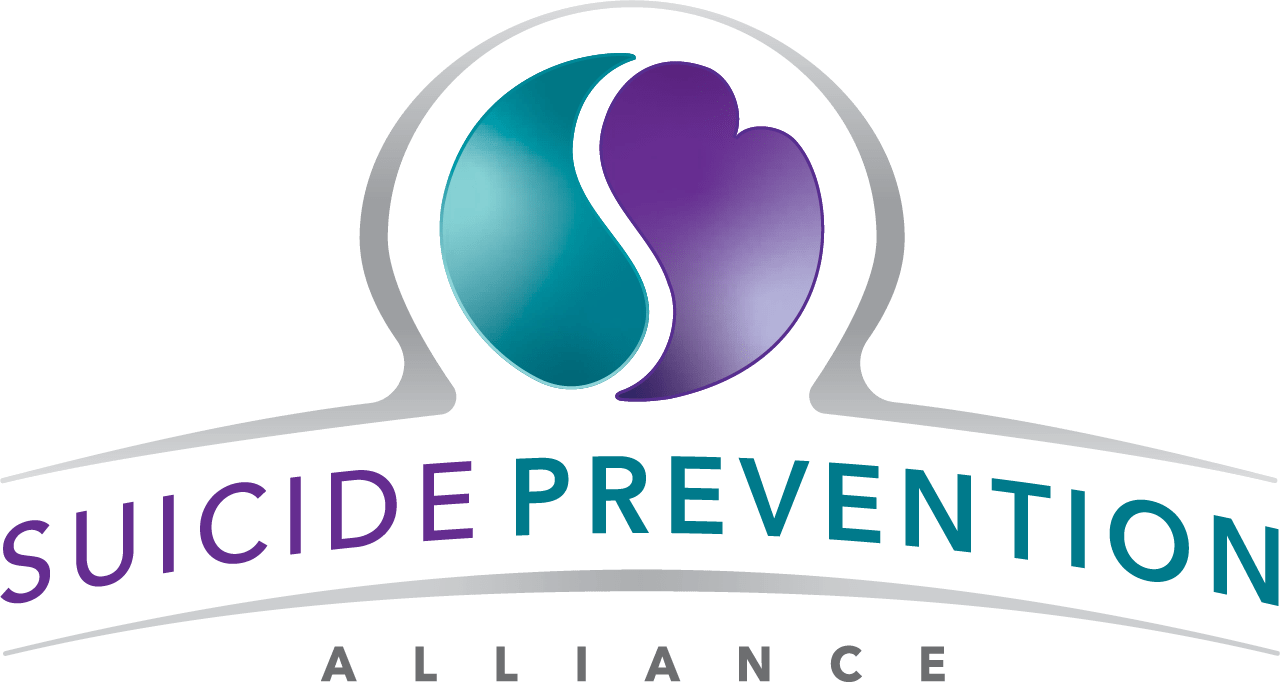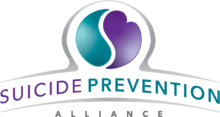Warning Signs
Warning signs of suicide are indicators that a person may be in acute danger and may urgently need help
- Talking about suicide, wanting to die, or kill oneself
- Looking for a way to kill oneself, such as searching online or buying a gun
- Talking about feeling hopeless, or having no purpose or reason to live
- Talking about being a burden to others
- Increasing use of alcohol or drugs
- Acting anxious, agitated, or reckless
- Suddenly happier and calmer, especially after a period of depression or sadness
- Giving away prized possessions
- Making a will or arrangements for funeral
- Preoccupation with death
- Sleeping too little or too much
- Withdrawing from family/friends and isolating oneself
- Showing rage or talking about seeking revenge.
- Displaying extreme mood swings.
- Anger or hostility that seems out of character or out of context
- Recent increased agitation or irritability


Risk Factors
Risk factors do not cause or predict a suicide, rather they are characteristics that make it more likely an individual will consider, attempt or die by suicide.
- Recent Loss of Significant Relationship
- Previous suicide attempt
- Family history of suicide
- Someone close to the person has died by suicide
- Loss of job, home, money
- Death or terminal illness of a loved one
- Loss of health, either real or imagined
- Easy access to lethal means
- History of Trauma or abuse
- Lack of social support and sense of isolation
- Recent disappointment or rejection
- Being expelled from school/fired from job
- Sudden loss of freedom/fear of punishment
- Victim of assault or bullying
- Questioning gender
Social and Cultural Risk Factors
Some ethnic groups and races are at higher risk. According to the National Institutes of Mental Health (NIMH), Non-Hispanic Whites and Native Americans had the highest rates of suicide in 2015, while Non-Hispanic African Americans, Asian and Pacific Islanders, and Hispanics had lower rates. Cultural and social risks include:
- Lack of social support and sense of isolation
- Stigma associated with seeking help for one's (mental or emotional) problems
- Barriers to accessing health care, especially mental health and substance abuse treatment
- Certain cultural and religious beliefs
- Influence of others who have died by suicide


Biological and Psychological Risk Factors
A history of mental health disorders, particularly depression, bipolar disorder and schizophrenia, place an individual at a higher risk for suicidal behavior. Other risks include:
- Alcohol and other substance use disorders
- Impulsive and/or aggressive tendencies
- History of trauma or abuse
- Family history of suicide
- Major physical illnesses or chronic pain
- Previous suicide attempt
Environmental Risk Factors
A job loss or financial loss can set off a sequence of emotional events that put an individual at greater risk for suicide. Other environmental risks include:
- Relational or social loss, such as a breakup with a boyfriend or girlfriend
- Easy access to lethal means, such as guns and firearms. However, this can also include poisons and prescription medications
- Local clusters of copycat suicides


Additional Information
Who We Are
Suicide Prevention Alliance is a 501(c)3 nonprofit organization that helps people who are in need of preventative suicide assistance
